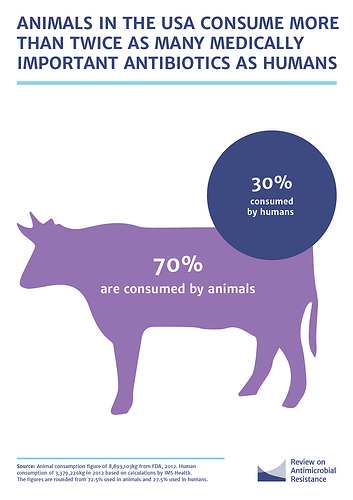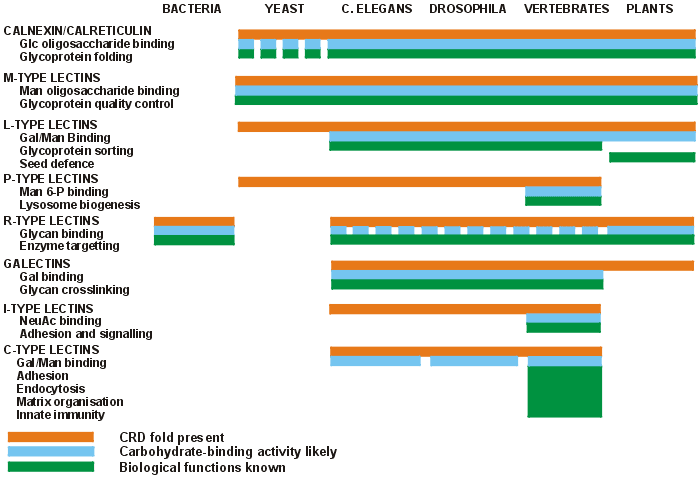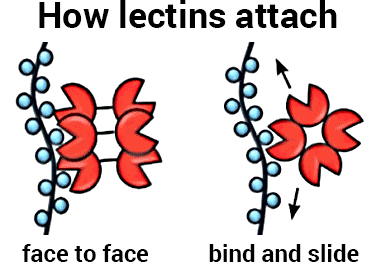hmmm, Brian this is a big can of worms opening up here LOL
Sipping from a Poisoned Chalice
from my link…
The Texas Institute for Advancement of Chemical Technology Inc., which initially sponsored Calabrese’s database, put out a flyer in 1998 citing examples of hormesis such as dioxin, mercury, and the pesticide lindane; the brochure declared sunnily that hormesis could allow “society to enjoy the benefits of many chemicals that have been banned.” Calabrese says he doesn’t think it’s that black and white. “There will be circumstances where the response appears to be beneficial, and cases where any change [in a standard] might not be advisable,” he says. Nevertheless, Calabrese argues that chemical carcinogens are being overregulated.
Although many scientists applaud Calabrese’s tenacity for bringing hormesis into the scientific mainstream, they point out that not all hormetic effects are beneficial. For example, vom Saal stunned his colleagues with a 1997 report linking extremely low levels of the plastics ingredient bisphenol-A fed to pregnant mice and enlarged prostate glands in their male offspring—the reverse of what is observed at higher doses.
Calabrese and likeminded scientists are bullish on the prospect of their colleagues coming around to the importance of hormesis, which they are convinced will transform medicine, toxicology, and pharmacology. Many skeptics, however, are neither fomenting such a revolution nor rooting for it to begin.
----my thoughts…so it is a widely debated issue.
It has believers and it has non-believers. Both have some proven science on their side.
I think it boils down to what chemical stressors are being added and dose amts. and more.
Controlled in a lab. Not using ‘plant veg. toxins’ per say etc. as a direct link and use in these tests. Heck most of the science is based on Dioxins. (Dioxins are mainly byproducts of industrial practices. They are produced through a variety of incineration processes, including improper municipal waste incineration and burning of trash, and can be released into the air during natural processes, such as forest fires and volcanoes. Almost every living creature has been exposed to dioxins or dioxin-like compounds)
Now they say in the article that we all have low level stressors in our body every single day. But is it needed? Or is it unwanted? This is a big open debate and not a true science just yet from what I am reading.
Now correct me if wrong with more info. I find this very cool but my overall thoughts are not supporting it.
Natural stressors and a natural lifestyle and environment from very old days. The body would and could cope with plant toxins on small levels and be reactive and change as these toxins were introduced thru diet cause very old times, no meat, ya ate veg to survive. One had to so obviously the body being very adaptable has processes in place to survive thru 2 lines of food. Keto and glucose. Keto meat, glucose thru plants. So this would be a normal action. Normal for the body to tackle some plant toxins and change, react, correct etc…but no science says ‘ya get stronger’. Nothing to support that right now.
Now put us modern.
omg. nothing is the same literally.
gmo enhanced toxin load in food.
every chemical made by mankind floating around out there.
air pollutants
environmental such as massive electrical and emfs and more around us.
life stress is not normal at all LOL heck we all know that one 
So I have to say on this toxic load being ‘somewhat’ safe in that the body can deal but add a ton of modern day from that list above, you got more problems. Maybe that ‘less toxic load’ in that plant is what triggers catastrophic failure of your cells?
What is that tip point?
And if hermetic stressors are changed on the evaluation of risk level, like chemical companies would love to have happen…banned things come back cause they are ‘ok in small dose’ now on a new risk chart.
Hmmm, I need to read more on it but I am finding that with modern life and new plants and values put there on toxin loads and what our bodies are exposed to in current day life. I can’t see adding any more stressors to one’s cells is a good thing. Not on that level of saying it is truly beneficial.
Now I wrote a ton here…you need a ton of time to check it out and find some info etc and respond if ya want. I thought it was very interesting when I looked more into it. But from a ‘good thing’ point of view I am finding it hard to go that route at all.
very cool chat Brian









